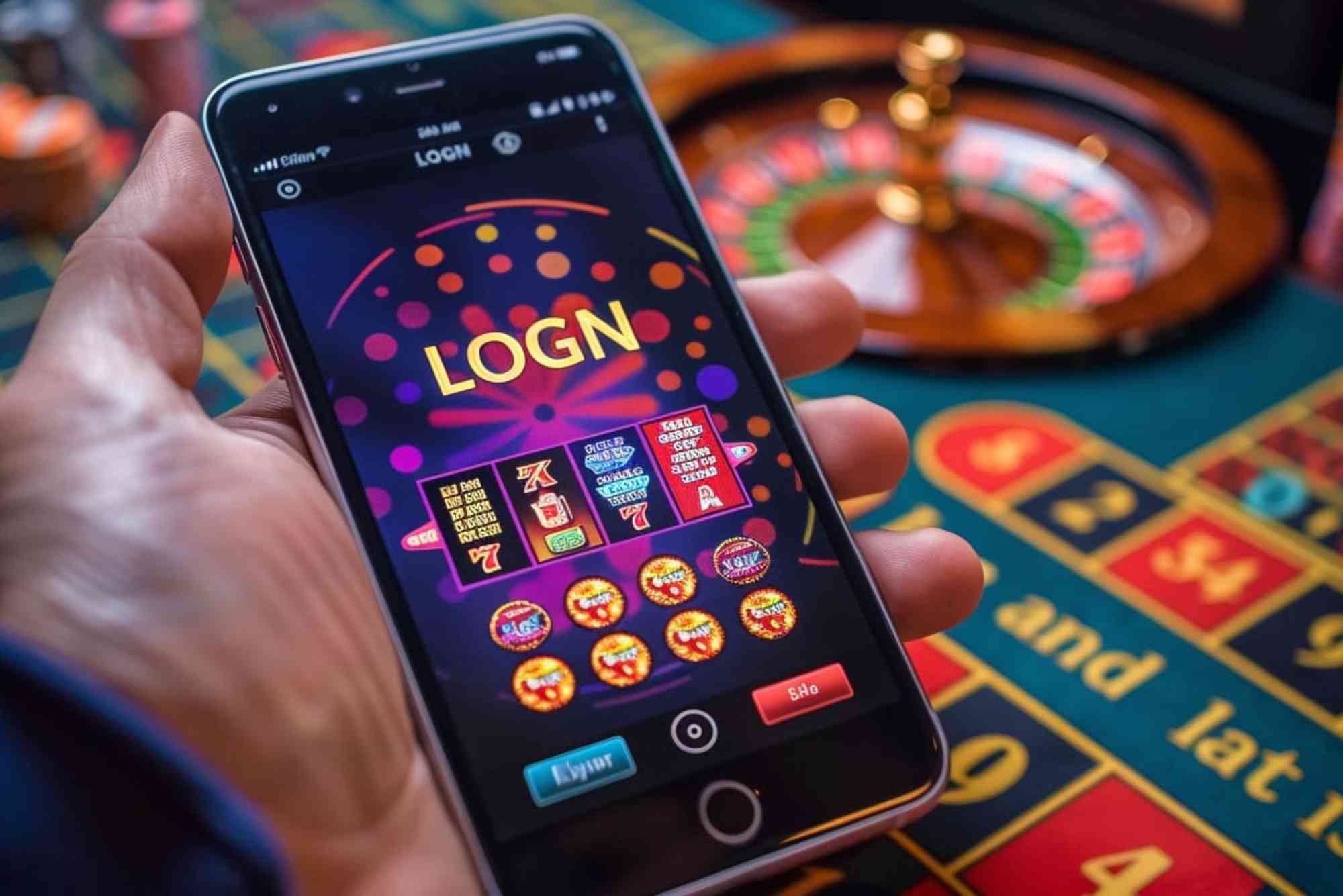Every casino player dreams of that one incredible win — the jackpot moment that changes everything. Whether it’s a lucky spin on a slot machine or a winning streak at the poker table, the thrill of success is what keeps people coming back. But what many players don’t consider is what happens next. Can you actually win too much at a casino? And if so, how do casinos react when someone starts taking home more than they spend?
It’s a fascinating topic that’s often misunderstood. From personal experience and years of studying casino behavior, I can tell you that while casinos love winners in moderation, consistently big wins can trigger a series of responses that might surprise you. Let’s dive deeper into what really happens when you win “too much” and how both players and casinos navigate that fine line between luck and liability.
When Luck Turns into a Pattern
At first, winning feels purely exhilarating. The casino staff congratulate you, other players watch in admiration, and your confidence soars. But after a while, patterns begin to emerge — especially if your wins are large or frequent. Casinos are designed to ensure the house always has an edge. So when someone beats that edge repeatedly, management starts paying attention.
Most modern casinos track player activity through loyalty cards, surveillance, and data analytics. If you win big once, it’s celebrated. If you do it multiple times, it becomes a curiosity. If it keeps happening, it becomes a concern. Casinos aren’t in the business of losing money, and persistent success often prompts an investigation — not necessarily because you’ve done something wrong, but because they need to understand why.
Interestingly, this scrutiny applies both online and offline. Players on casinos not on gamstop platforms, for instance, sometimes find that consistent wins attract closer monitoring, as these independent sites operate outside certain UK self-exclusion systems and rely on their own internal controls to detect anomalies. The same principles apply: big wins are good publicity — until they happen too often.
How Casinos Monitor Winning Behavior
Casinos use sophisticated systems to track how and where you win. In land-based venues, surveillance cameras (often called “the eye in the sky”) capture every table, every hand, and every payout. Security and pit bosses cross-reference video footage with player accounts to ensure fair play.
In online casinos, software handles this automatically. Algorithms flag unusual betting patterns — like consistently high returns, rapid bet adjustments, or improbable win rates — for manual review. These checks are not about punishing success but protecting the integrity of the games. For example, if someone discovers a software glitch or exploits a system vulnerability, it can cost a platform millions before the issue is identified.
For regular players, though, this monitoring is simply part of modern gambling. Casinos know that luck fluctuates. But they also know when luck starts to look more like skill, manipulation, or an unfair advantage.
The Impact on Payouts and Withdrawals
One of the first things you’ll notice after winning big — especially online — is that withdrawals take longer. This isn’t necessarily a bad sign. High-value transactions trigger extra verification steps for both regulatory and security reasons. Casinos need to confirm your identity, payment method, and sometimes your source of funds to comply with anti-money-laundering (AML) laws.
In legitimate, licensed casinos, this process is usually smooth if your account details are accurate. But in cases of unusually large wins, expect to provide more documentation. For example, you may be asked for proof of income or additional ID checks. These safeguards protect both you and the operator by ensuring the winnings are legitimate.
In brick-and-mortar casinos, large payouts often attract managerial oversight. If you win thousands at a blackjack table, the dealer will signal for verification before handing over chips or cash. Once you cross certain thresholds — typically around £10,000 or more — your win must also be reported to regulatory authorities.
The Psychology of “Too Much Winning”
Believe it or not, winning frequently can create its own kind of stress. Many professional gamblers describe a strange shift that happens when they start winning big: attention increases, security follows, and the easygoing atmosphere disappears. Casinos may subtly adjust their behavior toward you — offering fewer comps, watching your play more closely, or even encouraging breaks.
The reason is simple: casinos thrive on balance. They want players to win enough to stay engaged but not so much that it disrupts the house advantage. In extreme cases, consistent winners have been politely asked to take a break or banned from certain games — especially in scenarios involving card counting or advantage play.
Even outside the casino environment, large winnings can have a psychological toll. The adrenaline rush of success often fades into pressure — to keep winning, to manage new expectations, or to deal with friends and family who suddenly treat you differently. Responsible players learn quickly that winning big is only part of the story; staying balanced afterward is just as important.
What Casinos Can and Cannot Do
Casinos have a right to protect their business, but that doesn’t mean they can confiscate winnings without cause. Licensed operators must adhere to strict regulations, and any disputes about payouts are subject to review by gambling commissions or independent adjudicators.
That said, casinos can limit or ban players if they believe their behavior compromises fair play. Common reasons include using external betting software, colluding with others, exploiting game malfunctions, or breaching terms and conditions. Professional advantage players — such as skilled card counters — often face this reality. Their actions are legal, but casinos reserve the right to refuse service, just as any business can.
Online, the process is similar. If your account triggers multiple large wins in a short period, the platform might freeze it temporarily for investigation. This is standard procedure, not punishment. Transparent, well-regulated casinos handle these checks professionally and communicate openly with players.
Managing Your Wins Responsibly
Winning too much might sound like a dream, but it also introduces new responsibilities. It’s easy to lose perspective when luck is on your side. Setting withdrawal goals, budgeting your profits, and avoiding emotional betting are essential habits for long-term success.
Some players find that after a big win, it’s best to step away for a while. Taking time to enjoy the results instead of chasing more can protect both your money and your mindset. Others prefer to reinvest a portion of their winnings strategically — perhaps exploring new games or tournaments, but with a clear financial plan.
Responsible gambling is about control. The moment your behavior starts to change — whether through overconfidence, over-betting, or anxiety about losing — it’s time to recalibrate. Remember, the house edge never disappears; it only pauses temporarily.
The Legal and Tax Side of Winning
In most countries, gambling winnings are subject to specific tax laws. In the UK, for example, players don’t pay tax on winnings — the operator does. But that’s not the case everywhere. In the U.S., for instance, big wins must be declared as income.
Casinos also follow strict reporting rules for large payouts. These measures help prevent fraud and ensure tax compliance. If you’re winning across multiple platforms or jurisdictions, it’s worth keeping a record of your activity. That way, if authorities request documentation, you can provide it easily.
For players using international online casinos, it’s essential to understand the terms of the site’s license and jurisdiction. Each region has its own financial reporting standards and player protection policies.
The Real Lesson Behind Winning Too Much
Ultimately, winning too much at a casino reveals a fascinating dynamic between luck, skill, and system design. Casinos are built to entertain, not to lose, so exceptional success always draws attention. But that shouldn’t discourage players — it should encourage awareness.
Enjoying the game, playing responsibly, and understanding how casinos operate makes the experience more rewarding. If you ever find yourself on a winning streak that feels “too good,” remember: transparency, patience, and self-control will keep you in good standing, no matter how much you win.



